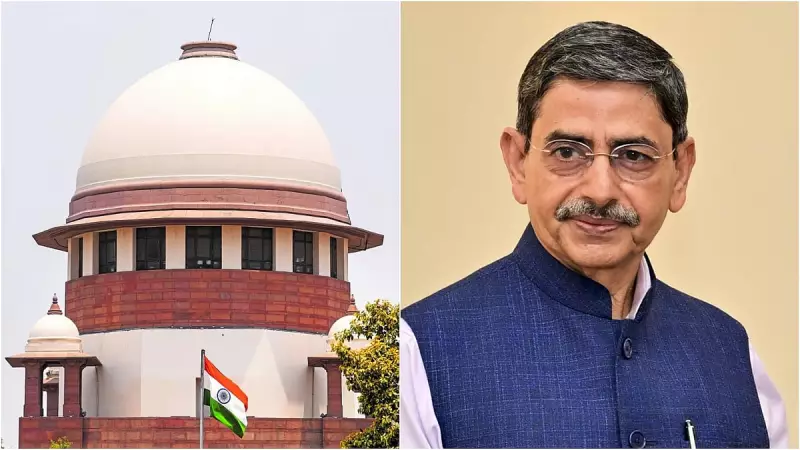
The Tamil Nadu government has escalated its ongoing constitutional battle with Governor R.N. Ravi by approaching the Supreme Court of India. This dramatic move comes in response to the Governor's decision to withhold assent to ten separate bills that were previously passed by the state legislative assembly.
The Trigger: Governor's Withheld Assent
On November 10, 2023, Governor R.N. Ravi took a significant step that has now become the center of a major legal and political confrontation. The Governor officially withheld his approval for ten distinct bills that had been passed by the Tamil Nadu Assembly during the period between 2020 and 2023.
In addition to blocking these ten pieces of legislation, the Governor took another consequential action by forwarding two of the bills directly to the President of India for consideration. This dual approach of withholding assent while referring select bills to the central government has created an unprecedented constitutional standoff in the state.
Background of the Confrontation
The relationship between the Tamil Nadu government, led by the DMK party, and Governor R.N. Ravi has been marked by increasing tension over recent months. The current dispute over the ten bills represents the most serious escalation in this ongoing power struggle.
Legal experts note that the Governor's extensive use of the power to withhold assent to such a large number of bills passed by a democratically elected assembly is unusual in Indian constitutional practice. The state government argues that this action effectively stalls the implementation of important public welfare measures and development projects that these bills were designed to facilitate.
Constitutional Implications and Next Steps
By moving the Supreme Court, the Tamil Nadu government is seeking judicial intervention to resolve what it perceives as a constitutional crisis. The case raises fundamental questions about the limits of a Governor's power when dealing with legislation passed by state assemblies.
The Supreme Court's decision in this matter could set important precedents for center-state relations across India. Legal observers are particularly interested in how the court will balance the discretionary powers of Governors against the legislative authority of elected state governments.
The outcome of this case could have far-reaching implications for how Governors exercise their constitutional responsibilities in relation to state legislatures throughout the country.





